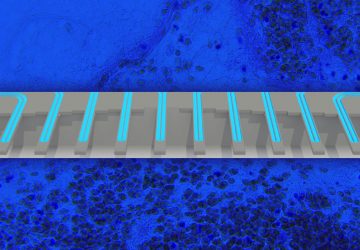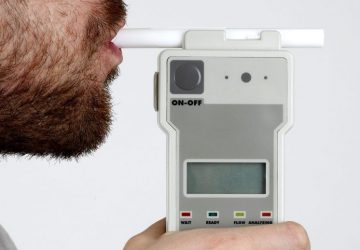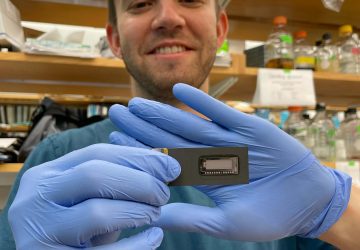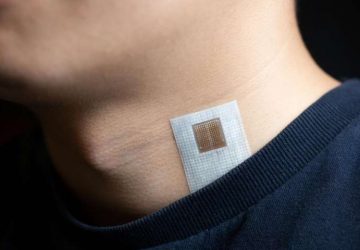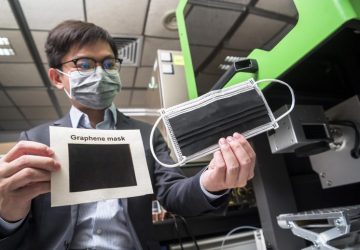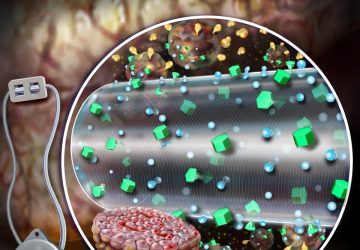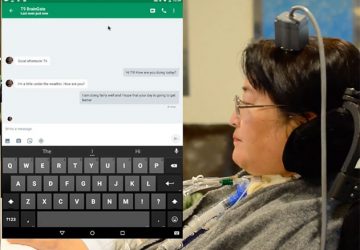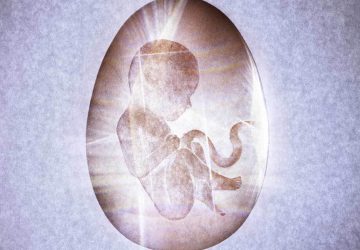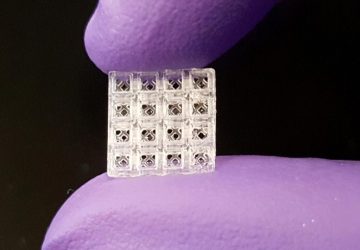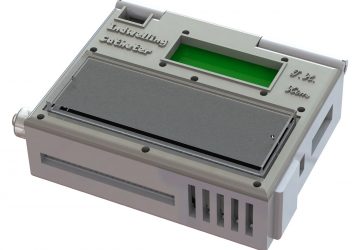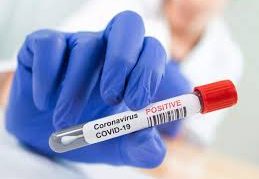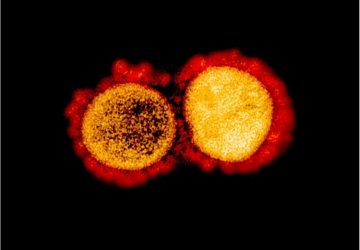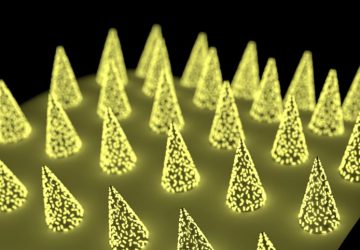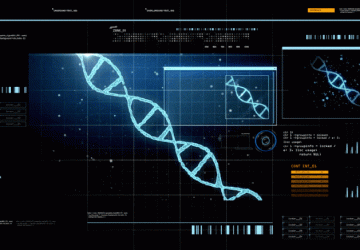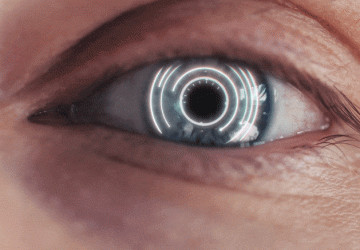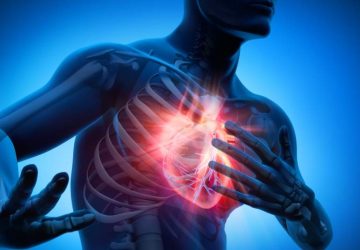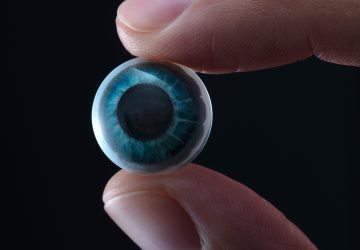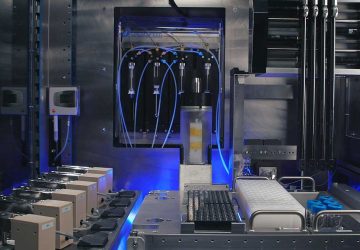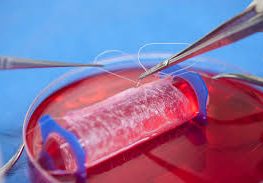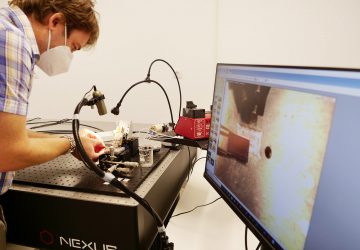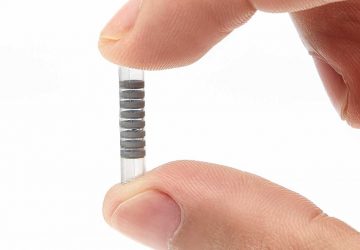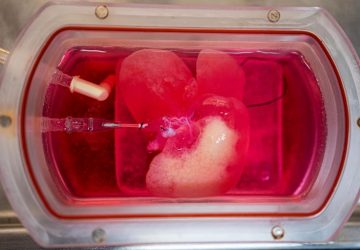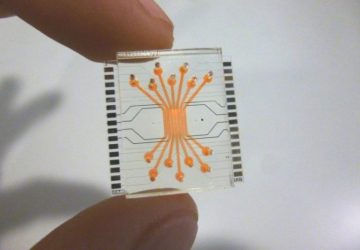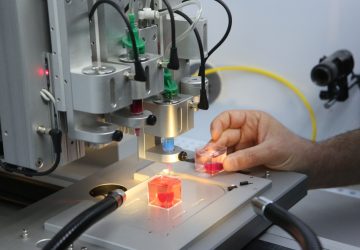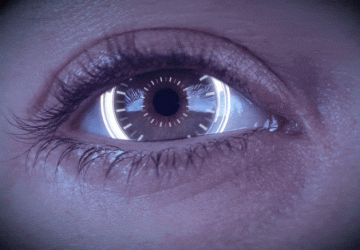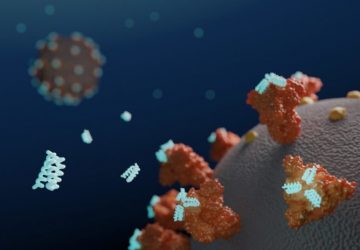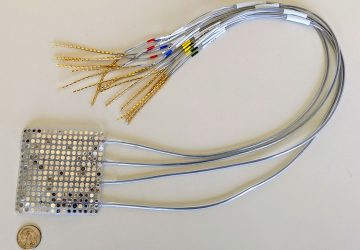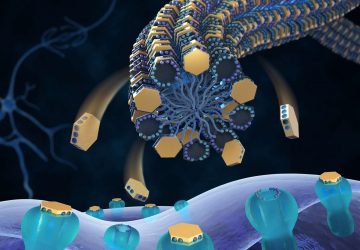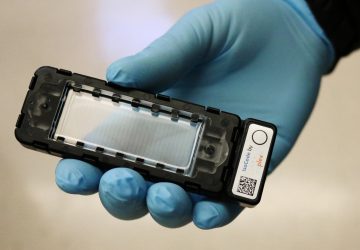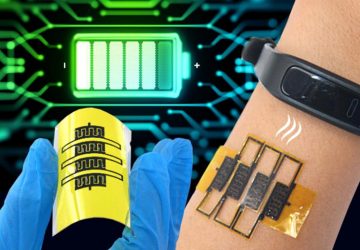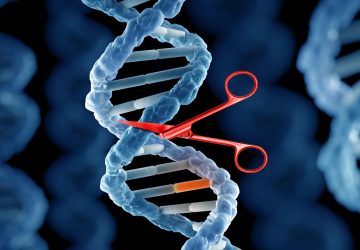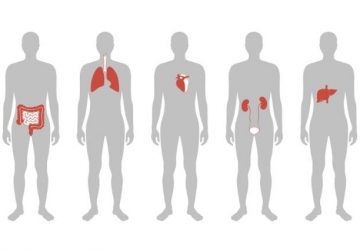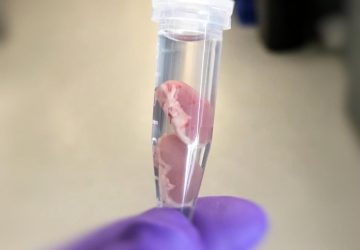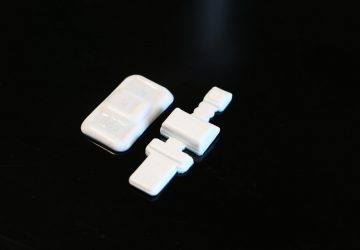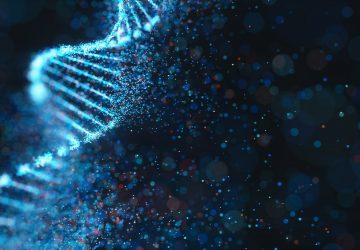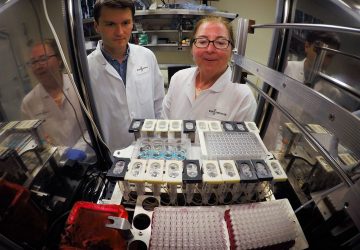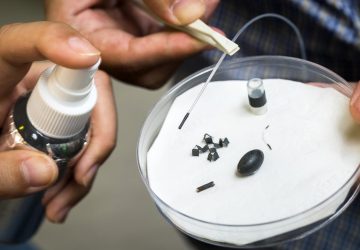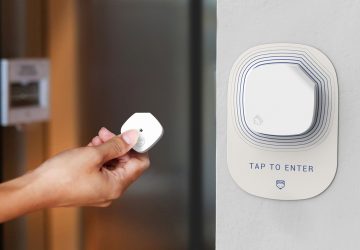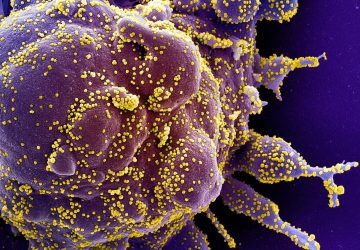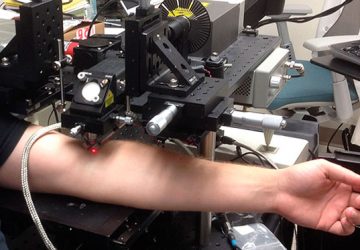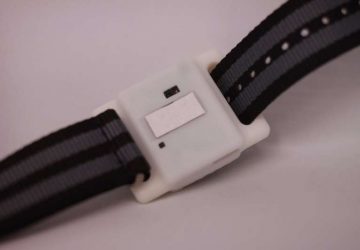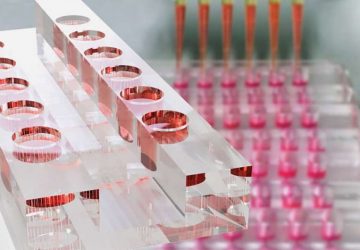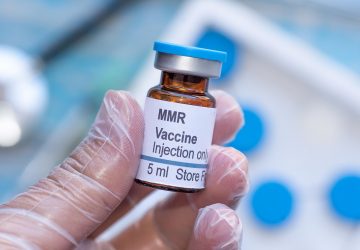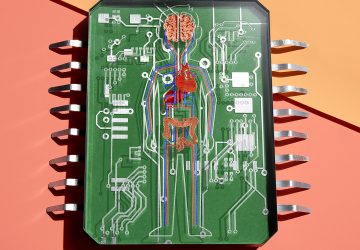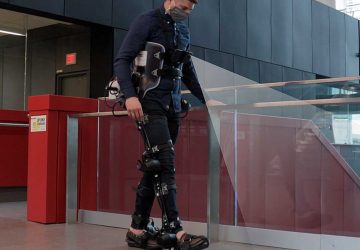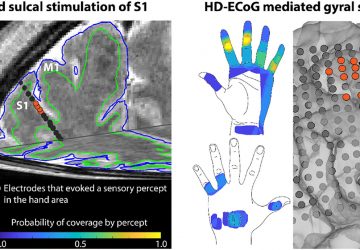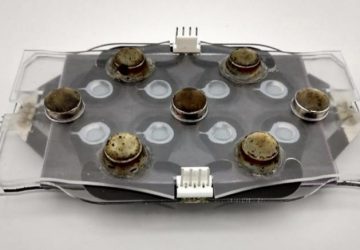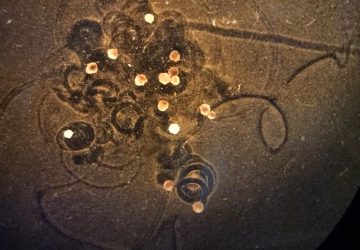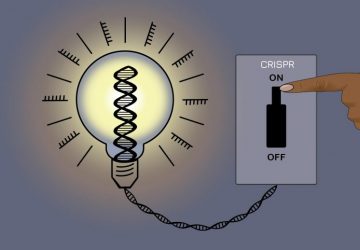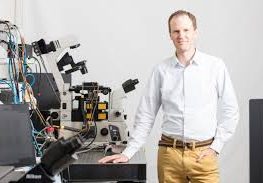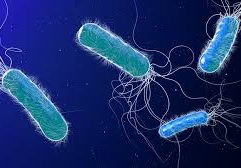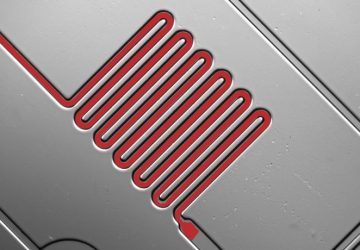As the COVID-19 pandemic continues to spread across the world, testing remains a key strategy for tracking and containing the virus. Bioengineering graduate student, Maha Alafeef, has co-developed a rapid, ultrasensitive test using a paper-based electrochemical sensor that can detect the presence of the virus in less than five minutes. The team led by professor Dipanjan Pan reported their findings in ACS Nano. “Currently, we are experiencing a once-in-a-century life-changing…
Read MoreNew Magnetic Spray Transforms Objects Into Insect-Scale Robots for Biomedical Applications
An easy way to make millirobots by coating objects with a glue-like magnetic spray was developed in a joint research led by a scientist from City University of Hong Kong (CityU). Driven by the magnetic field, the coated objects can crawl, walk, or roll on different surfaces. As the magnetic coating is biocompatible and can be disintegrated into powders when needed, this technology demonstrates the potential for biomedical applications, including catheter…
Read MoreEarly Detection of SARS-CoV-2 (COVID-19 Virus) With New Photonic Sensor System
Scientists are working on the development of a new equipment, more functional and cheaper, that could be deployed in primary healthcare centers. Detecting SARS-CoV-2 virus and related antibodies is essential to control the COVID-19 pandemic. A multidisciplinary team of scientists from the University of Malaga, led by Robert Halir, researcher of the Department of Communications Engineering of the Higher Technical School of Telecommunications Engineering, aware of the limitations of current…
Read MoreCRISPR meets Pac-Man: New DNA cut-and-paste tool enables bigger gene edits
Gene editing for the development of new treatments, and for studying disease as well as normal function in humans and other organisms, may advance more quickly with a new tool for cutting larger pieces of DNA out of a cell’s genome, according to a new study. Publication of the UCSF study on Oct. 19, 2020 in the journal Nature Methods comes less than two weeks after two researchers who first…
Read MoreTiny Devices to Heal Wounds Faster and Diagnose Disease Instantly
In a pandemic, quick at-home testing is essential not just for isolating cases but also for compiling big picture data. When COVID-19 struck, however, all the common rapid testing formats were laborious to use and tough for non-specialists to interpret. So Professor Sam Sia, an expert in point-of-care diagnostics and therapeutics, decided to pivot his research to address the crisis. Sia’s lab has spent the past few months developing simple…
Read MoreElectronic Blood Vessels to the Rescue
Hybrid natural-artificial blood vessels could also enable gene therapies and drug delivery The number one cause of mortality worldwide is cardiovascular disease. Now scientists reveal electronic blood vessels might one day use electricity to stimulate healing and deliver gene therapies to help treat such maladies, a new study finds. One-third of all U.S. deaths are linked to cardiovascular disease, according to the American Heart Association. When replacement blood vessels are…
Read MorePitt team receives NIH award to optimize tissue-engineered vascular graft design
Just as a climbing plant needs the right trellis to thrive, a small-diameter tissue-engineered vascular graft (TEVG) needs the right scaffold to transform seeded cells into a native-like artery that can save a life. A team led by the University of Pittsburgh’s David A. Vorp received a $1.1M award from the National Institutes of Health to optimize this emerging technology for cardiovascular disease. They will examine the best combination(s) of…
Read MoreNew Graphene Face Masks Offer Very High Anti-bacterial Efficiency, Deactivation of Coronaviruses
Anti-bacterial efficiency close to 100% under 10-min sunlight and promising results in deactivation of coronaviruses. Face masks have become an important tool in fighting against the COVID-19 pandemic. However, improper use or disposal of masks may lead to “secondary transmission.” A research team from City University of Hong Kong (CityU) has successfully produced graphene masks with an anti-bacterial efficiency of 80%, which can be enhanced to almost 100% with exposure…
Read MoreLab Tests Show Minibinder Proteins Are as Effective as Antibodies at Blocking SARS-CoV-2
Researchers at the University of Washington (UW) School of Medicine Institute for Protein Design have used computers to design small proteins, or minibinders, that bind tightly to the SARS-CoV-2 Spike protein and prevent it from infecting cells. Their work has resulted in the development of a lead antiviral candidate, LCB1, which is currently undergoing evaluation in rodents, and which appears to rival the most effective known SARS-CoV-2 neutralizing antibodies in…
Read MoreRobotics, AI, and Cloud Computing Combine to Supercharge Chemical and Drug Synthesis
IBM looks to revolutionize industrial chemistry and in the process may have cut the discovery time for Covid-19 treatments in half IBM must be brimming with confidence about its new automated system for performing chemical synthesis because Big Blue just had twenty or so journalists demo the complex technology live in a virtual room. IBM even had one of the journalists choose the molecule for the demo: a molecule in a…
Read More
